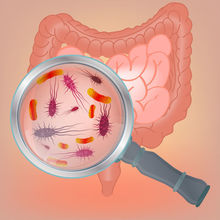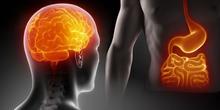Green / Blue Spaces and Mental Health

Can Spending Time Outdoors Improve Mental Health? Approximately half of the world’s population live in cities and that is expected to increase in the coming years [1]. Despite the benefits of urban living (development of social networks, access to services, etc.), there are several aspects that may have a detrimental effect on a person’s health, […]
Continue reading








